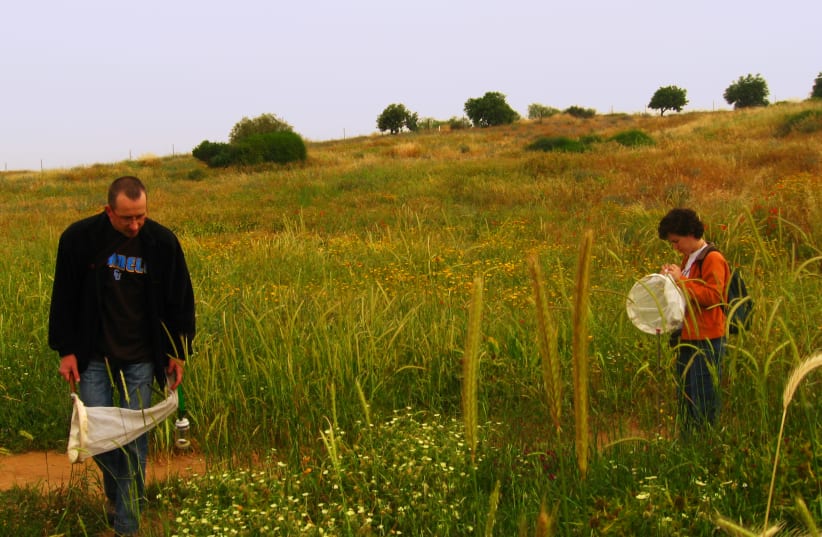As the technological realm of today seemingly pulls the world further away from nature, an international group of researchers, including Dr. Uri Roll from Ben Gurion University, have instead used technology to help us focus more on nature by utilizing our most prominent source of communication and storing information by way of online media.
The group of researchers explored ways in which to gather and map ecological information from online data put online for other purposes such as social media posts, internet search engine patterns or visits to different web pages. In the new field the researchers deemed iEcology, they aim to use this new way of gathering data for the benefit of the environment as well as to increase knowledge of the natural world.
“People are - rightfully – worried about our constant need to be logged-on, and potential abuse of these online data. However, with iEcology we highlight the silver lining of this ‘data deluge'," said Dr. Jarić, the lead author of the new study.
“We can now learn so much about where species reside, when they are active in different manners, and how they interact with each other and their environment. We do not see iEcology as a replacement of the classical and highly important field ecology – rather as being complementary to it. There are huge amounts of data constantly accumulating with vast and varied potential, just waiting to be used," he added.
Many examples of the use of iEcology can be offered. For instance, exploring seasonal dynamics through when people search for a particular species in Wikipedia can highlight rhe true seasonal dynamics of species'.

Another study analyzed online photos of a specific species of birds and the various kinds of herbivores they sit on, illuminating the interactions between these two species groups.
One elegant example, an analysis of video images of the Tour-De-Flanders filmed over the past 35 years enabled the highlighting of changes in leafing and blooming periods of the trees found in the background of the images.
“Populations and entire species of animals and plants are disappearing before our eyes at unprecedented rates. In many cases before we even get a chance to record them in the first place. We are at the eleventh hour and need all the help we can get to gain ecological insights and better understand how we affect the environment," said Dr. Roll.
“iEcology holds much promise to help us along all these fronts. I expect its use to increase greatly in the coming years as people become more aware of its potential, and the tools to analyze such data become commonplace," he added.
